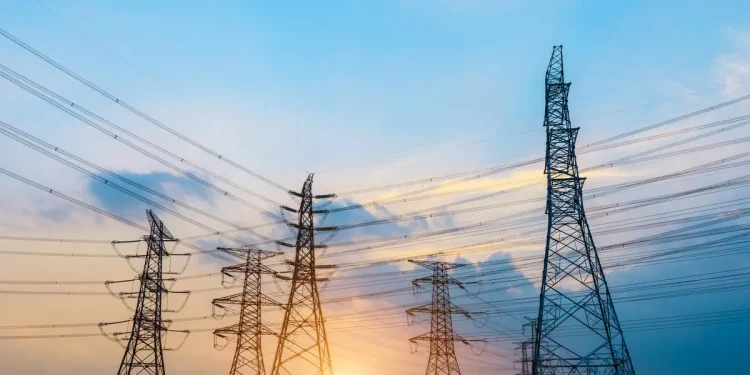ARINDAM GANGULY, OP
Bhubaneswar: In a step toward transparent and consumer-centric governance, the Odisha Electricity Regulatory Commission (OERC) has initiated a suo motu proceeding to review the performance of the Tata Power-managed power distribution companies (Discoms) operating across Odisha.
The inquiry, launched under Regulation 9 (1) and (4) of the OERC (conduct of business) Regulations, 2004, marks a rare and significant regulatory intervention.
The Commission issued a public notice July 18, 2025, inviting objections and suggestions from consumers and stakeholders about the quality of service and power supply over the past five years.
Also Read: Five sentenced to life for murder
The public has until August 16 to submit their inputs, ahead of a scheduled hearing August 29. The Commission’s move has been widely welcomed by citizens and policy observers.
However, many believe that the effectiveness of this initiative will depend heavily on how feedback is gathered and utilised.
While the intent behind the suo motu proceeding is clear and commendable, experts agree that the real test lies in its execution, in how feedback is captured, analysed, and used to shape policy.
If implemented effectively, Odisha’s initiative could become a model for democratic utility regulation in India, ensuring that the power sector genuinely reflects the voice of its consumers.
Experts also caution against relying solely on unstructured or emotionally charged complaints. “Much like salt in a well-prepared dish, electricity services are often invisible until they go wrong,” the public notice observed.
To avoid feedback mechanisms becoming a mere outlet for grievances, analysts suggest the OERC develop guided forms, local language versions, and conduct awareness campaigns, especially in rural and semi-urban areas.
“Technically uninformed responses may not yield actionable data,” they noted. City-based urban planner Piyush Ranjan Rout sees this as a ‘positive step toward inclusive governance.’
“This enhances transparency and public trust.
But for this to be truly effective, feedback needs to be collected not just through formal hearings or postal submissions but also via social media and digital platforms,” he noted.
Rout added that the exercise could uncover valuable insights on affordability, reliability, and environmental impact, helping the Commission make decisions that reflect the needs and values of a diverse population.
Power sector analyst Anand Mohapatra highlighted the unprecedented nature of this development: “For the first time since OERC’s inception, a suo motu case has been registered post the appointment of former Chief Secretary Pradeep Jena as Chairman.
This is a bold and much-needed intervention,” he said. Mohapatra also touched on the larger issue of monopoly in power distribution, stating that Odisha remains the only Indian state to have disinvested 51 per cent of its Discoms to a private company.
He urged caution in interpreting the Electricity Act, 2003, arguing that while it advocates commercial principles and competitive tariffs, it does not prohibit monopolies outright.
Sudarshan Chhotoray, a resident of Bhubaneswar, echoed this concern, saying, “The feedback system must filter and prioritise valid complaints.
Otherwise, the whole exercise could lose its credibility.”






































